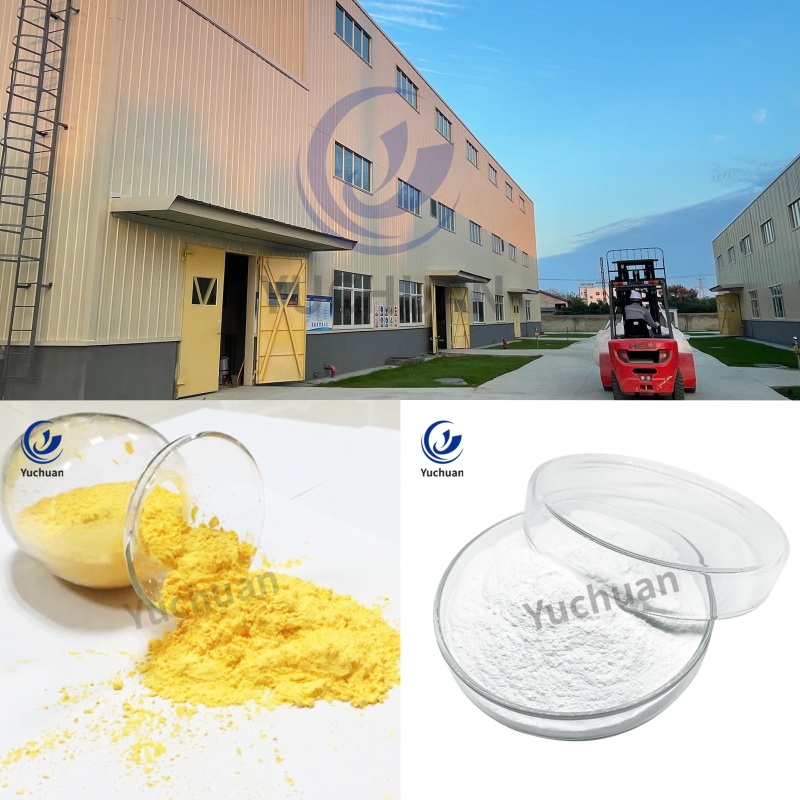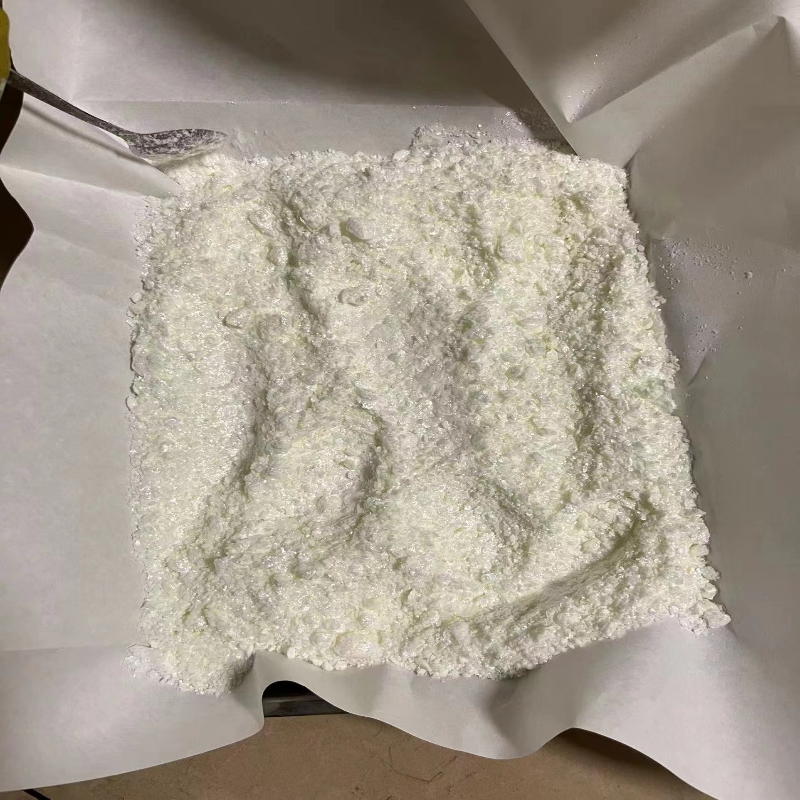-
Categories
-
Pharmaceutical Intermediates
-
Active Pharmaceutical Ingredients
-
Food Additives
- Industrial Coatings
- Agrochemicals
- Dyes and Pigments
- Surfactant
- Flavors and Fragrances
- Chemical Reagents
- Catalyst and Auxiliary
- Natural Products
- Inorganic Chemistry
-
Organic Chemistry
-
Biochemical Engineering
- Analytical Chemistry
-
Cosmetic Ingredient
- Water Treatment Chemical
-
Pharmaceutical Intermediates
Promotion
ECHEMI Mall
Wholesale
Weekly Price
Exhibition
News
-
Trade Service
Polyplastics of Japan has launched two Renatus polyethylene terephthalate (PET) grades that are said to provide excellent mechanical properties, appearance and weather resistance for automotive exterior parts
.
Two new glass-enhanced grades - RH030 (30% glass filled) and RH045 (45% glass filled) - maintain their black painted finish in outdoor environments and reduce whitening on the surface of molded parts, making them suitable for automotive side applications Applications such as mirrors and rear wiper arms/blade
.
Since PET parts are not painted, weathering degradation may occur over time
.
The glass filler will start to become apparent on the surface and the spray blackness will decrease
.
Accelerated weathering tests show that Polyplastics' new PET material maintains a lower index than the competition, indicating that whitening is decreasing
.
Plastic resins reinforced with glass fibers are generally stronger, but glass fillers can also negatively affect the surface appearance of molded articles
.
Renatus RH030 and RH045 PET are glass fiber reinforced grades, but they still produce molded parts with good surface appearance due to their mold transfer during molding
.
Tests have shown that RH045 (PET-GF45) exhibits a higher surface gloss compared to standard grade PBT-GF30, despite the fact that it incorporates a large amount of glass fibers into the formulation
.
In terms of mechanical properties, PET generally has superior properties compared to PBT
.
At similar glass loads, the RH030 and RH045 PET grades have higher mechanical properties than the PBT grades, including greater tensile strength, flexural modulus, and deflection temperature under load
.







